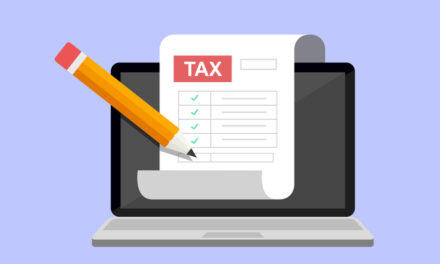Spring cleaning season has officially hit, and that means diving deep into organizing anything and everything. So why not take the opportunity to organize your finances? You may not think of your finances as something that needs organizing, but that couldn’t be further from the truth. When your finances are not organized, it is easy to miss a payment or overspend in an area of your budget or not have a clear idea of how much you should be budgeting in a particular category in the first place. With organized finances, you’ll find it easier to save and easier to know just where your money is going.
So how do you organize your finances? Read on for our top tips!
1. Prioritize Your Expenses
Every month, you have certain predictable expense categories that you can rank in order of importance. These expense categories include mortgage or rent payments, food, bulking up your savings account and “rainy day” fund, contributing to retirement accounts, paying off debt, and more. A financial advisor can help you create the appropriate order for this list according to your specific financial situation.
2. Create a Budget
A budget sounds overwhelming, but it simply means determining how much you want to spend in a particular category. Some expenses are fixed every month and some are not negotiable, but with the amount of money left over, you can decide how much to spend on food, clothing, recreational activities, and so on. By following a budget, you will stay in control of how much you spend, reducing the possibility of overspending.
3. Use a Budgeting App
There are a number of apps out there that can help you organize your spending so that you can see where your money is going. Budgeting apps are useful because they set up the organizing for you, so all you have to do is input the information. They also help you easily designate money amounts toward your different categories, and make it easier to manipulate that money depending on how you want to spend per month. They provide a clear visual of where your money is going and how much you can put into savings.
4. List Set Expenses, Stay Aware of Others
Keep an easy-to-see list of your set expenses per month so you always know what’s definitely coming. Things like mortgage payments, childcare, and certain utilities are the same every month, so you can easily plan around those predictable expenses. Other things, like some utilities, change per month and it’s important to keep track of the amount each month so you know how much money you need to budget in that area. Even if you don’t know the exact amount, you can estimate that, for example, your energy bill will likely be higher in the summer than the winter.
5. Use Different Accounts For Different Purposes
It can help you organize your finances by opening up different savings and spending accounts for different needs and goals. If you are saving for a house, for example, you may want to put away a certain amount per month and keep it separate from your other funds so you don’t accidentally spend it. It also helps you clearly see how much you have saved for that specific purpose.
6. Have a Professional Help You Organize Your Finances
Organizing your finances is key to staying on top of your spending and maximizing your savings. It can help you reach your financial goals faster, too. At DeSantis, Kiefer, Shall & Sarcone, our experts can help you organize your finances and set you up with a plan to stay on track with your goals and budget. No matter what your financial need, our team is here to help!






